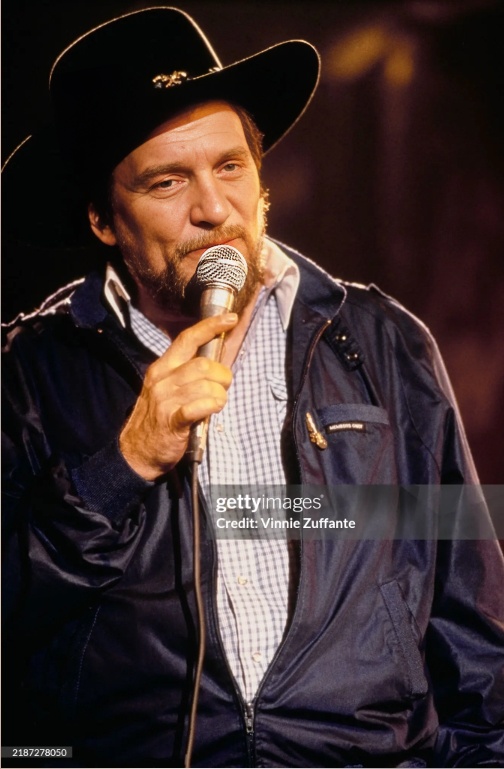
Waylon Jennings’ “Good Ol’ Boys,” released in 1979, transcends its function as the theme song for the popular television series “The Dukes of Hazzard.” It became a cultural phenomenon, inextricably linked to the show’s themes of Southern rebellion, close-knit community, and outsmarting authority figures. Jennings, a pivotal figure in the outlaw country movement, injected his signature rugged charm and distinctive baritone into the song, solidifying its place in country music history. He was known for pushing against the Nashville establishment and creating a more raw and honest sound.
“Good Ol’ Boys” quickly climbed the music charts, reaching the top of the Billboard Hot Country Singles chart and even crossing over into the pop charts. This success demonstrates the song’s widespread appeal beyond just country music fans. While Jennings himself was a celebrated artist, having won numerous awards including Grammy awards, Country Music Association Awards and Academy of Country Music Awards over his illustrious career, “Good Ol’ Boys” is often considered one of his most commercially successful singles.
The song’s lyrics tell a story of youthful indiscretions and a devil-may-care attitude, celebrating the “good ol’ boy” lifestyle. It speaks of running afoul of the law, engaging in mischievous activities, and relying on wit and camaraderie to navigate tricky situations. This resonated deeply with audiences, particularly in the Southern United States, where the show’s setting and characters were particularly relatable. The song became an anthem for a specific brand of Southern identity.
Feedback on “Good Ol’ Boys” has been overwhelmingly positive over the decades. It is considered a classic, and regularly features on lists of best theme songs or country music anthems. Listeners often cite its catchy melody, relatable lyrics, and the nostalgia it evokes for the television show. While some critics have pointed to its simplistic portrayal of Southern life, the song’s undeniable popularity and cultural impact cannot be denied, cementing its legacy as a defining song of its era.